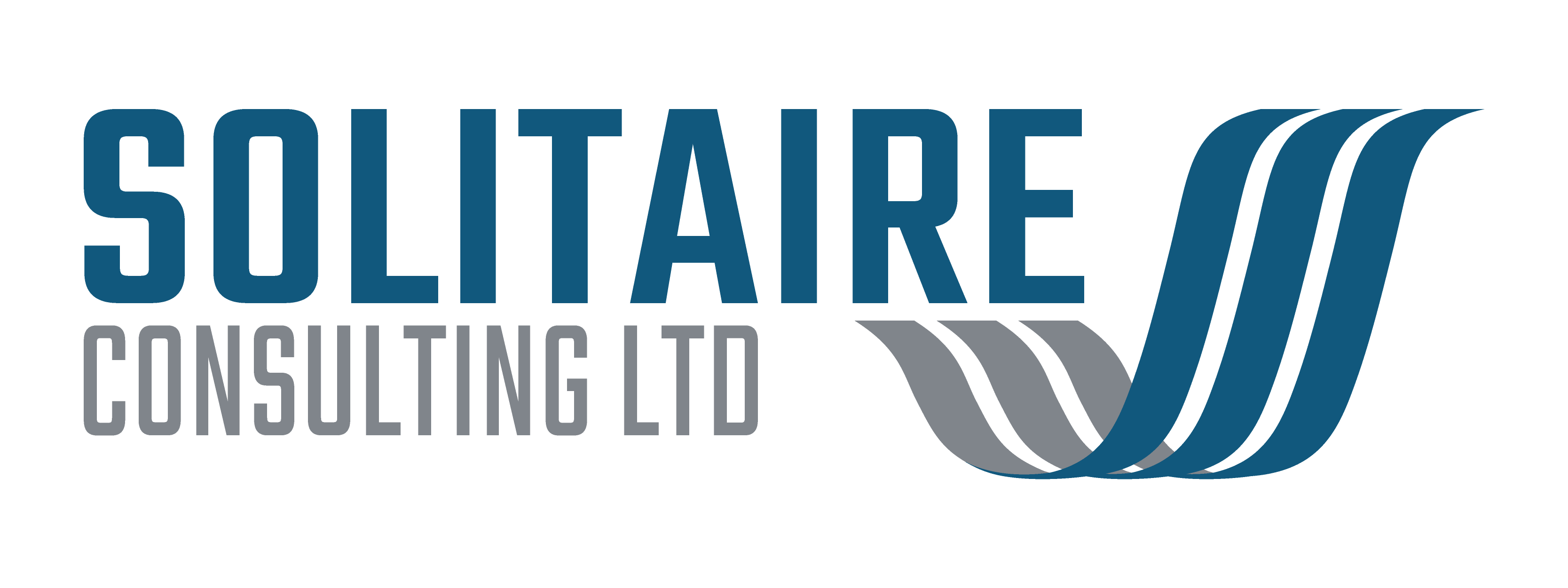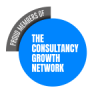This article is written by Solitaire Consulting Associate, Tim Rogers.
As more and more businesses return to something resembling normal we compare business priorities and expectations before Coronavirus with those after.
For anyone with a perfect crystal ball they will not have changed at all, because you were 100% prepared, anticipated this, built it into your plans and projections and you are making progress as expected.
Is this not you? Really? So why not?
Is there a flaw in your business planning, risk assessment, readiness or understanding of the world?
Can we go back?
For some, the hope is that we can go back a few steps, resume where we were and progress along the same path albeit with more modest targets to reflect the turmoil of the last few months.
A lot of government thinking and forecasting appears to be based on this idea. Some governments seem to think 2020 will be very bad, we will recover to perhaps 75% by 2021 and hopefully be back on track by 2022. Is it just a matter of cutting the numbers on the spreadsheet and moving the time-line a little to the right?
For others, like the airline and oil industry the view is that things will never be the same. This isn’t a set-back, this is a whole new journey. It is a time to totally reappraise the market, the products and services and the people, processes and technology that deliver them.
Difficult choices
The furlough scheme has put a number of businesses on life support. This is a good thing in the short term. But what is the prognosis? Will the patient make a full recovery or is this just delaying the inevitable?
Thank heavens businesses are not lives. However, businesses are about livelihoods and we face some difficult choices and one of them is confronting the reality of our circumstances.
There is an old phrase from banking that “a rising tide lifts all boats” suggesting success is something many businesses have enjoyed in spite of their business models rather than because of them. The opposite cry is “when the tide goes out we see who has been swimming naked”. For many businesses Covid-19 has been like the tide going out.
Change your thinking
So for many businesses there are probably two priorities; the first is to get off life support and the second will be to change the planning and prediction models that resulted in us being there.
Returning to our boat and tide analogy: get off the rocks and learn to navigate better for next time. However, a dilemma will be whether to cut the staff to meet the targets or cut the targets to save the staff. Is your priority the boat or the crew?
As regards better navigation I would encourage businesses not to predict but to prepare. There are many excellent books on the subject and I will email a list if you leave a comment below. As a simple analogy, predicting the result in a game of roulette is madness but being prepared for the outcome is common-sense.
Life is as random as roulette, but it is also as predictable. Firms like Bridgewater Associates have succeeded by managing asymmetric risk: small losses and occasional big gains. This is not risk avoidance. This is data driven, fact based, bet on the upside and pack flares, life-raft and VHF radio for the downside.
I have recently finished reading Brian Keenan’s book an Evil Cradling talking about four-and-a-half years as a hostage. He managed his mental health with the phrase “hope for the best but don’t expect anything” and constantly prepared by keeping fit (as much as you can confined in a room) and scheming plans to take advantage of his captors or of escape.
Too many business plans bet too much on black. And too much introspection leaves us blind to the facts that surround us if only we would look. If you are looking to save your boat or the crew, or simply looking to improve your navigation skills get in touch.
About the Author
Tim Rogers MBA MBCS is an experienced Project and Change Leader. He is founder of ciChange.org and curator for TEDxStHelier.Com . His roles have included Programme Manager for the incorporation of Ports of Jersey and Jersey Post, as well as Operations Change and Sales Support for RBSI/NatWest.
He is also a Commonwealth Triathlete and World Championships Rower. Tim has a passion for learning and has been a Tutor/Mentor for the Chartered Management Institute. He is a Chartered Member of the British Computer Society, has an MBA (Management Consultancy) and is both a PRINCE2 and Change Management Practitioner.
Tim is an Associate Consultant of Solitaire Consulting and runs his own independent consultancy trading under the name Adapt Consulting Company.






One Response
Thank you for emphasizing that there are likely two goals for many businesses: the first is to stop using life support, and the second is to alter the planning and forecasting methods that led to our current situation. My sister wants to start running her company. I’ll advise her to hire an emergency consultant to serve as her life support.